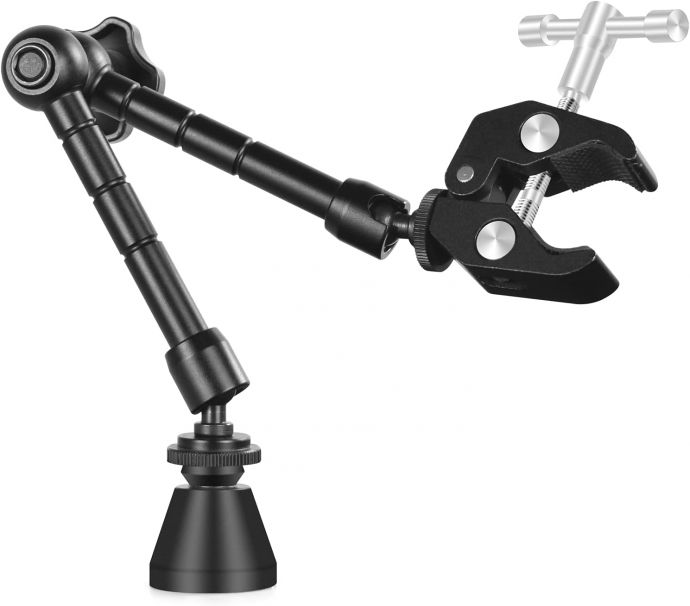In today's fast-paced world, precision is a crucial element across various disciplines, from scientific research and manufacturing to financial analysis and everyday decision-making. Maximizing precision is not just about achieving accuracy but also about ensuring consistency, reducing errors, and enhancing the quality of outcomes. This article explores strategies and approaches to maximize precision in different contexts, providing insights into how individuals and organizations can elevate their practices.
At its core, precision refers to the level of refinement with which a process or measurement can be conducted. It is not solely about hitting a target but about consistently hitting the same target repeatedly. In scientific research, for instance, precision involves obtaining replicable results across multiple trials. In the culinary world, it might mean crafting a dish that tastes the same every time it's made. Regardless of the field, the underlying principles of maximizing precision remain similar.

One fundamental aspect of achieving precision is understanding the tools and techniques relevant to your domain. Whether it's scientific instruments, data analysis software, or even kitchen utensils, the right tools are essential for precise execution. For instance, in the world of manufacturing, precision engineering relies heavily on advanced machinery with cutting-edge technology that can produce components with minuscule tolerances. Such equipment is often carefully calibrated and maintained to ensure it performs at its peak.
Moreover, honing one's skills is equally critical. Even the most sophisticated tools are ineffective without the skilled hands to wield them. Continuous professional development, training, and practice are vital in fields that demand high precision. Consider medical professionals, such as surgeons, who must undergo extensive training to perform intricate procedures with exceptional precision. Similarly, in software development, coding with precision requires a deep understanding of programming languages and meticulous attention to detail.
Data integrity is another cornerstone of precision. In an era dominated by big data and analytics, ensuring high-quality data is imperative for making precise decisions. Data that is inaccurate, incomplete, or inconsistent can lead to faulty conclusions and misguided actions. Organizations, therefore, invest in data validation processes, regular audits, and cleansing routines to maintain the integrity of their datasets. Precise data drives precise decision-making.

Standardization plays a pivotal role in maximizing precision. By establishing standardized procedures and protocols, organizations can minimize variability and enhance the consistency of outcomes. This is particularly crucial in industries like pharmaceuticals, where even the slightest deviation in chemical composition can result in ineffective or harmful products. In such fields, adherence to standardized processes ensures that every batch of a product meets predefined specifications.
Collaboration and communication are also vital in boosting precision, especially in team-oriented environments. Every team member must have a clear understanding of their role and the objectives of a project. Open communication channels help ensure that everyone is aligned and any discrepancies can be addressed promptly. Cross-functional teams benefit significantly from collaboration, as diverse perspectives can highlight potential sources of error and innovative solutions to enhance precision.
Technology plays a transformative role in achieving precision across numerous sectors. Automation and artificial intelligence, for instance, can execute tasks with precision and efficiency beyond human capabilities. In manufacturing, automated systems can perform repetitive tasks with exacting accuracy, leading to higher-quality products and fewer defects. AI algorithms in finance can analyze vast amounts of data to predict market trends with remarkable precision, aiding investors in making informed decisions.

Monitoring and feedback loops are essential components of a precision-focused approach. By continuously monitoring processes and outcomes, organizations can identify deviations from expected results and implement corrective measures quickly. Feedback loops enable teams to learn from their experiences, making iterative improvements that lead to enhanced precision over time. In fields like aviation, constant monitoring and feedback are integral to safety and reliability, ensuring that even the most minor anomalies are detected and resolved.
While striving for precision, it's necessary to recognize the role of human judgment. In areas where not everything can be quantified or automated, such as art or philosophy, the human element introduces nuances that purely mechanical precision cannot capture. Here, precision involves a balance of technical skill and creative interpretation, where context and subjective understanding play a significant role.
Maximizing precision also involves cultivating a culture of attention to detail within an organization. This culture encourages employees to take pride in their work, meticulously checking their outputs and striving for perfection. Leaders play a crucial role in fostering this environment by recognizing and rewarding precise and thorough work. When employees feel valued for their meticulousness, it motivates them to uphold high standards in their tasks.

Lastly, while precision is a valuable goal, it's essential to acknowledge the law of diminishing returns. In some cases, achieving incremental gains in precision may require disproportionate investments of time and resources. It's important to evaluate the cost-benefit balance and determine when precision enhancements no longer justify the expenditure. Organizations must set realistic expectations and identify priorities to ensure that precision efforts align with broader strategic objectives.
In conclusion, maximizing precision is a multifaceted endeavor that transcends specific fields and sectors. It requires a deep understanding of tools, ongoing skill development, and a commitment to data integrity. Standardization, collaboration, and technology are key enablers of precision, while monitoring and feedback loops ensure continuous improvement. Balancing human intuition with technical precision and fostering a culture of meticulousness further contribute to achieving precision excellence. By embracing these principles, individuals and organizations can enhance their precision and, consequently, their overall effectiveness and success in their respective domains.






